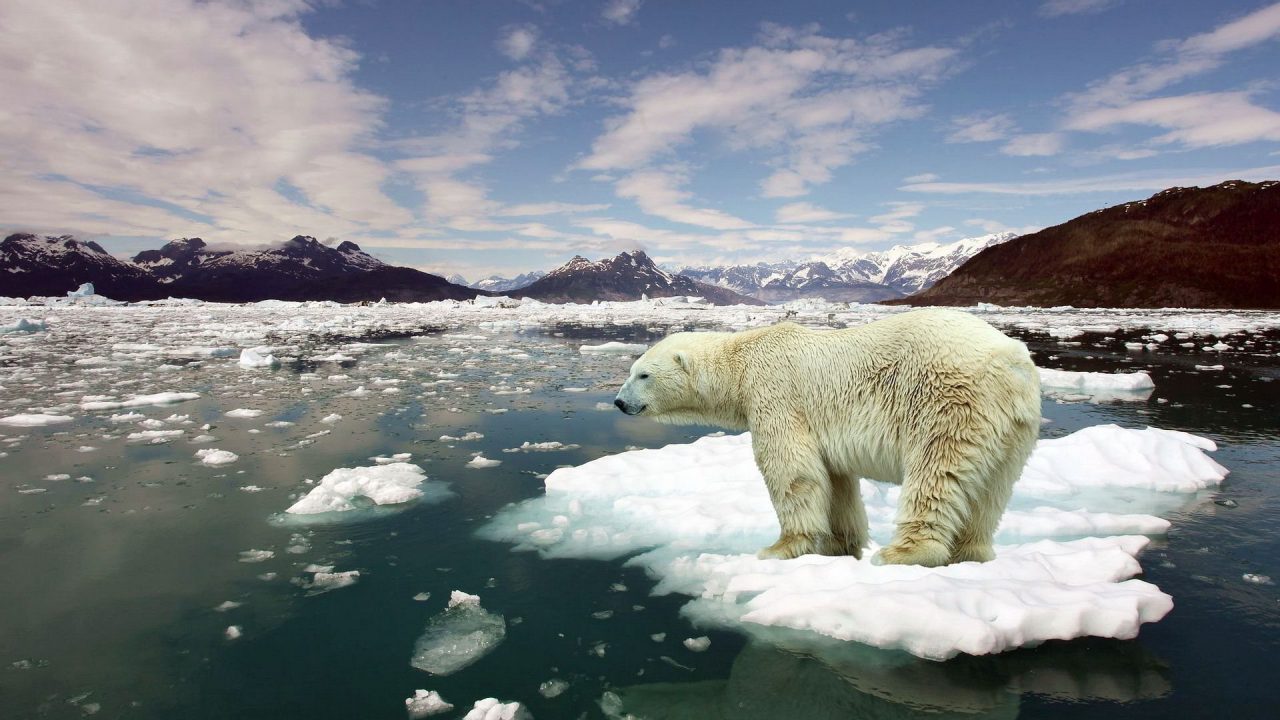
The obvious solution to global warming, reducing carbon emissions, is seemingly untenable: To date, there is no political willingness to ask Americans to give up their cars or coal, and the future doesn’t look good. But reason dictates that we should try to do something between mine openings — you know, blah blah blah future generations blah blah. Here, then, are more realistic courses of action to consider.
Encourage Overeating Among Plants Too little attention has been paid to the silent culprits in global warming: Plants. If skinny weeds and emaciated bamboo held up their end of the deal and consumed more carbon dioxide, we wouldn’t be in this mess.How do we turn fig trees into pig trees? It’s time for the fast-food and snack industries to use the genius that created a generation of obese children to turn our green friends into gluttons for greenhouse gasses. It shouldn’t be that hard — they spend their lives literally vegetating. And there must be a million ways to make carbon dioxide more appetizing than it is now, from rolling it in lard and deep-frying it to folding it in a waffle taco to rebranding it as “C-O-Too Good!” Before we’re finished, a thin plant will be something that’s only seen in gardening magazines.
If this doesn’t bring up intake levels enough, we may need to consider force-feeding techniques. It works for prisoners, geese and lambs, why not elms?
Pros: No advocates for “plant’s rights” to worry about. Cons: Most plants are vegan.
Turn the Great Pacific Garbage Patch Into an Orbiting Sun Shield Here’s a way to kill two birds at once (if birds can be construed as metaphors for planet-ending crises as opposed to just their victims): Attach rockets to the edges of the Great Pacific Garbage Patch and launch it into space. Once in orbit, the plastic and aluminum refuse in this five-million-square-mile trash blanket will reflect the sun’s rays into space, reducing Earth’s temperature. While its sprawling shadow crossing the sky will at first startle children and animals, they will come to appreciate it. Indeed, schoolchildren will one day salute it as it passes overhead, crying, “Thank you, Great Pacific Garbage Patch!”
Pros: Clears out the north Pacific so we can fill it with more garbage. Cons: The patch will eventually fall through the atmosphere, exploding into a five-million-square-mile garbage fire.
Create More Poor The impoverished are less able to afford meat, cars, air-conditioning and electrical appliances and, as a result, create substantially less carbon emissions. Thus we should do everything in our power to encourage the expansion of this group. By concentrating wealth in the hands of a few billionaires, reducing tax rates on the richest, allowing corporations to consolidate and run roughshod over unions, destroying the middle class, we can make this happen, people!
Pros: Already being tried. Cons: Already being tried.
Shoot Babies Into the Sun The science on this isn’t fully worked out on this, but then, according to many, neither is the science on global warming — so it may be a perfect fit. Moreover, this concept in some form has been around since the dawn of humanity (see Mayans, Incans, Egyptians, Babylonians, etc.), which means that there must be something to it. The basic idea: The sun god is very angry at human beings for their lack of tribute, and the only thing that can stay his fiery wrath is human sacrifice. Babies are the perfect choice for this, since children are the future and the future is the problem. In fact, if enough babies are loaded into rocket ships and fired at the sun, the resulting depopulation will guarantee the reduction of greenhouse gases. We can’t miss!
Pros: Lots of babies. Cons: Infants tend to get cranky during long space flights.
Stop Talking About It Our concern about global warming is only making it worse. How do you think scientists get to all those conferences, conventions and treaty signings? Not by yak. And where, at the end of a busy day predicting humanity’s end, do you think they retire to? Lean-tos in the forest? No — they stay in large air-conditioned hotels, eating corn-fed livestock and sullying machine-washed sheets. Maybe if scientists stayed home and teleconferenced instead of jumping into greenhouse-gas spewing jets every time an iceberg melted, we’d be better off. And we’d be even better off if they stopped talking about it altogether, as it’s impossible to speak without emitting carbon dioxide. Writing about the problem is even worse: On-line activity causes servers to use more energy, resulting in utilities burning more coal, raising the Earth’s temperature and inspiring even more articles, more blogs, more outraged emails.
Our worry will burn us alive if we don’t convince people that the situation isn’t that bad. Let’s stop talking about global warming and start talking about international summer expansion. Global warming is destroying communities with extreme weather, melting ice caps and drowning islands; international summer expansion, on the other hand, is providing deeper tans, higher ocean levels for surfing, more year-round resorts, and an extended season for lifeguards and sailboat rentals.
Pros: Most people don’t want to talk or read about it anyway. Cons: None.



